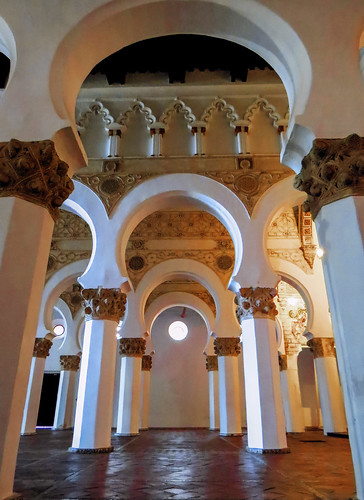Spain’s Parliament Opens Under Cloud Of Uncertainty
Spain #Spain

Newly-elected lawmakers will choose a new parliamentary speaker on Thursday JUAN CARLOS HIDALGO
Text size
Just over three weeks after Spain’s inconclusive snap election, parliament reconvenes on Thursday under a cloud of political uncertainty which could end in a fresh poll later this year.
The 350 lawmakers elected on July 23 will gather in Madrid for a new parliamentary session to choose a new speaker, although the man who would be kingmaker will be in Brussels, where he has been living in exile since the botched Catalan independence bid of 2017.
In an astonishing twist of fate, it is Catalan separatist leader Carles Puigdemont, who is wanted by the Spanish judicial authorities over his role in the 2017 crisis, who now holds the keys to the fate of Spain’s next government.
On Thursday, lawmakers will renew the leadership of the parliament — the Congress of Deputies — voting in a new speaker to head the parliamentary bureau, along with four deputies and four secretaries.
It has generated huge interest because it is widely seen as a prelude to the all-important investiture vote for a new prime minister which should take place in early September.
As neither the left nor the right have enough seats to form a working majority, the future of Spain’s next government lies in the hands of Puigdemont’s hardline separatist party, JxCat — whose votes will be closely watched on Thursday.
Although Alberto Nunez Feijoo’s right-wing Popular Party (PP) won July’s election with 137 seats, it fell far short of the 176 needed to govern, even with the support of the far-right Vox (33 seats).
With support from a small one-seat regional party, Feijoo could count on 171 ayes in an investiture vote.
Outgoing Prime Minister Pedro Sanchez, whose Socialists won 121 seats, has the support of his radical left-wing partner Sumar (31 seats).
He also has the backing of three Basque and Catalan independence parties, plus another small one-seat regional party, also giving him 171 votes.
Ahead of Thursday’s vote in which both sides are vying for the role of parliamentary speaker — the third-highest office in Spain after the king and the prime minister — both the Socialists and the PP are fighting to win over a single deputy from a small Canary Islands party.
Whether voting for the speaker or in an investiture vote, the successful candidate needs an absolute majority in the first round but only a simple majority in the second.
But the arithmetic is clear — it will be the votes of Puigdemont’s seven JxCat deputies that will decide who wins.
There is no chance that JxCat, which advocates a confrontational approach to the Spanish state, will support the PP.
But the Socialists are hoping it will agree, albeit halfheartedly, to keep the outgoing left-wing government in power.
However a show of tacit support through an abstention would not be enough. To stay in power, the Socialists will need the separatists’ actual votes.
Ahead of Thursday’s vote, “constant negotiations are being held, which must be discrete,” outgoing Economy Minister Nadia Calvino told public television on Monday.
“I’m confident an agreement will be reached so the progressive majority that emerged from the election will be represented in parliament,” she said.
Putting together the parliamentary bureau is “the first step towards bringing back Pedro Sanchez as head of the government as soon as possible”, she added.
But the Catalan separatists have set the bar very high, laying out two demands for their support — an amnesty for anyone pursued by the Spanish justice system over the botched independence bid and a referendum on self-determination.
“We have no interest in negotiating over the investiture of a Spanish prime minister but we are interested in negotiating the resolution of the conflict Spain has with Catalonia,” said Laura Borras, one of JxCat’s top leaders.
On Monday, Puigdemont broke his post-election silence with a message on social media pointing to the growing tension ahead of Thursday’s vote.
“As decisive dates like August 17 loom, there is growing nervousness and the bids get higher,” he said, urging his supporters to show “patience, perseverance and perspective”.